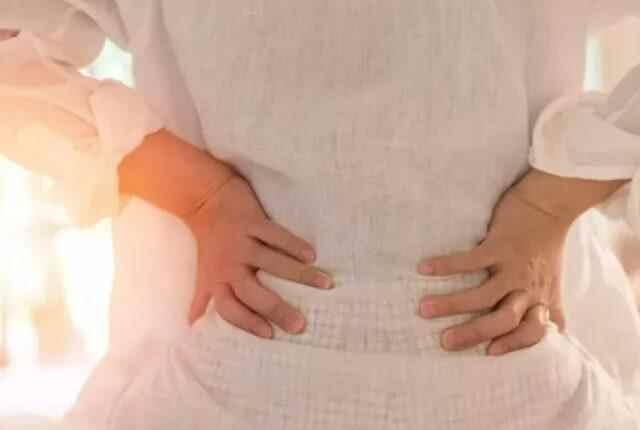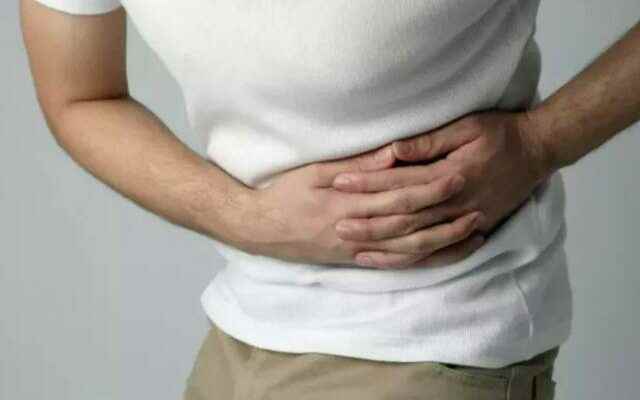Kidneys are among our organs that are very important for our life. Kidney stones may occur due to problems in the mechanism in the kidneys. Kidney stone disease can be affected by many factors, from nutrition to genetics, from geography to gender. According to the latest research, it has been learned that people with certain blood types have a higher risk of lowering kidney stones.
ONE IN EVERY PERSON IS AT RISK OF RENAL STONES
More than half a million people come to the emergency room each year with kidney stones, according to a report by the National Kidney Foundation that states that one in ten people will develop kidney stones at some point in their lives. A Swedish study found that your blood type may increase your odds of getting kidney stones.
SYMPTOMS OF KIDNEY STONES

The Mayo Clinic says symptoms of kidney stones include sharp, severe pain under your ribs, on your side, and in your back. The pain may come in waves, radiate to your groin, and vary in intensity. You may also experience burning when urinating, nausea and vomiting, and infection, fever, and chills. While painful, they usually do not cause permanent damage, and you may not even need medical attention to get through them.
B BLOOD GROUP LOWEST RISK

Penn Medicine says your risk of heart disease and heart attack, memory loss, and some cancers may be affected by your blood type. A Swedish study published in eLife in April 2021 looked at health record data on more than five million people and looked for links between blood types and more than a thousand different diseases. They found that people with type B blood had a lower risk of developing kidney stones – meaning that those with any other blood type may be at greater risk.
IT IS IMPORTANT TO DRINK Plenty of Water

Healthline says the number one way to prevent kidney stones is to drink plenty of water. Ensuring adequate water intake will help you urinate frequently and make your urine less concentrated and therefore more dilute the salts that can turn into stones. Experts say that eating calcium-rich foods and reducing sodium intake also lower your risk of kidney stones.
